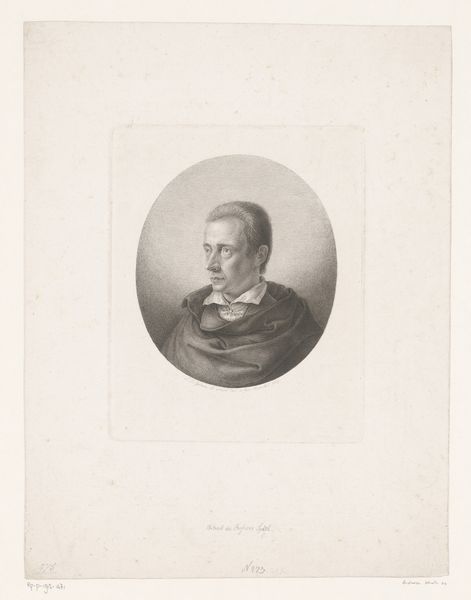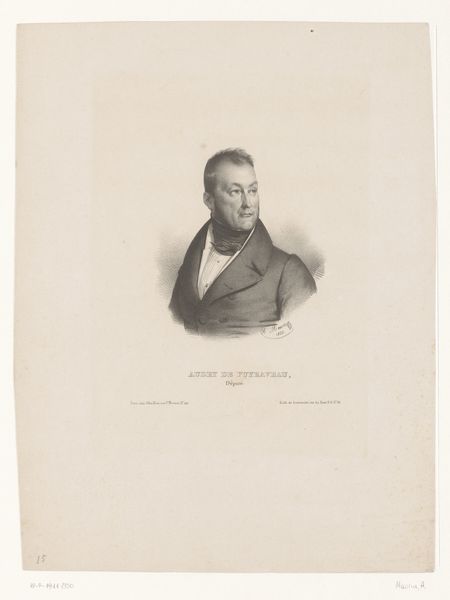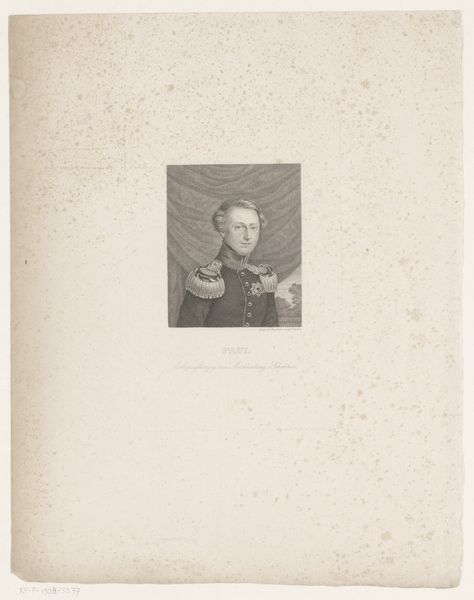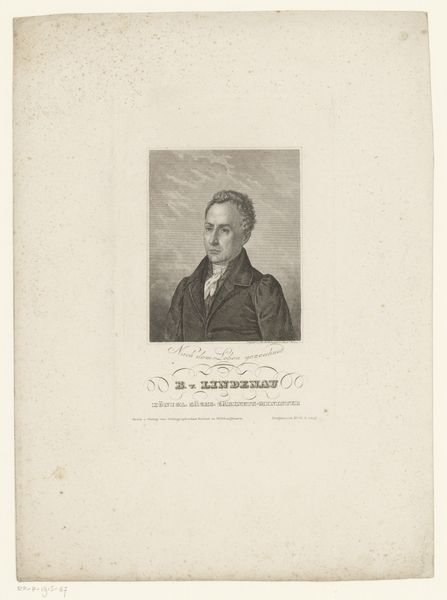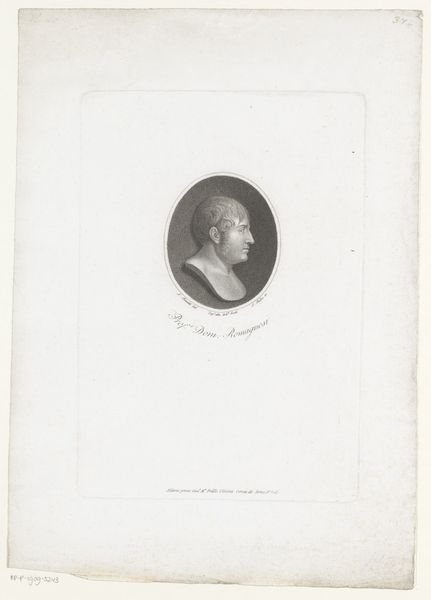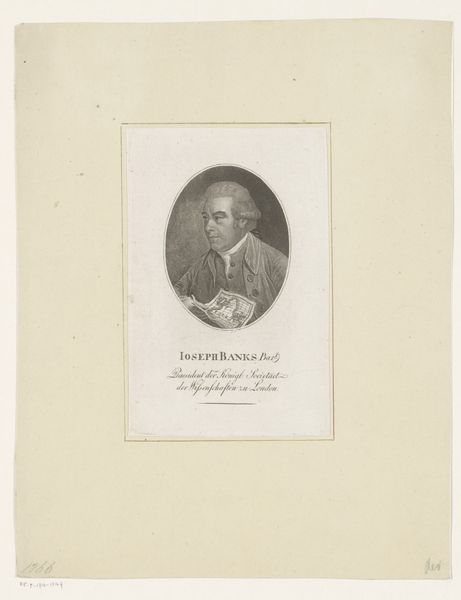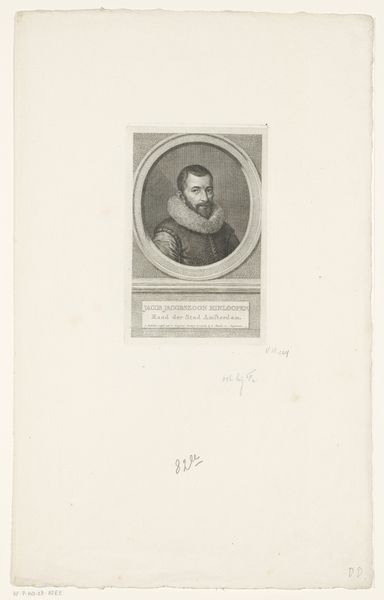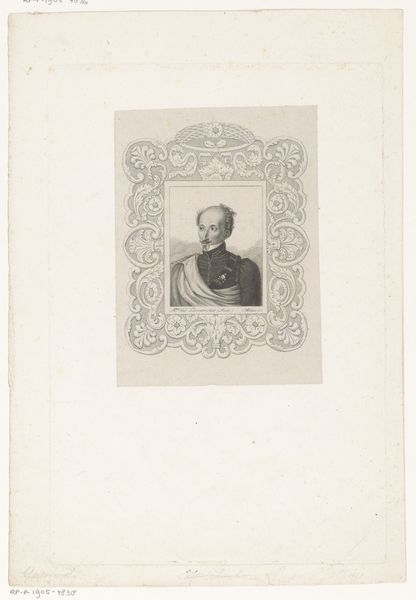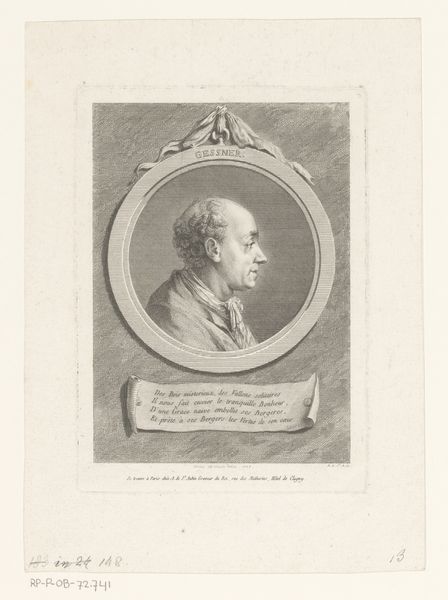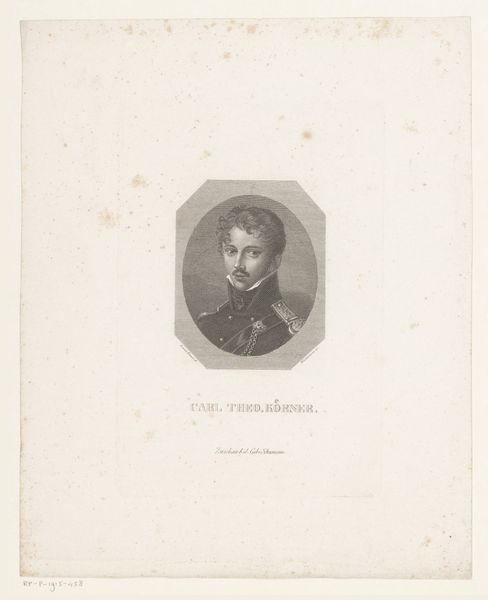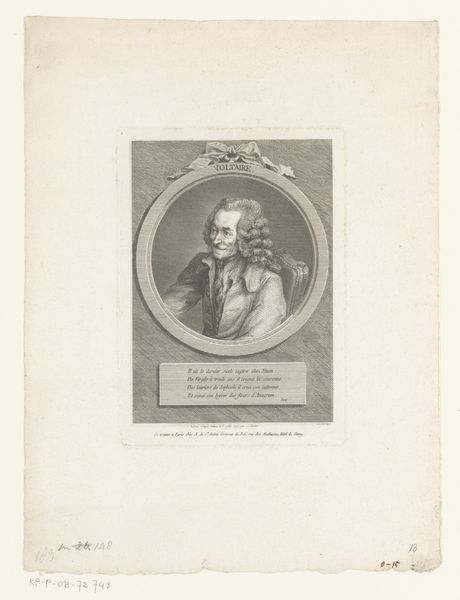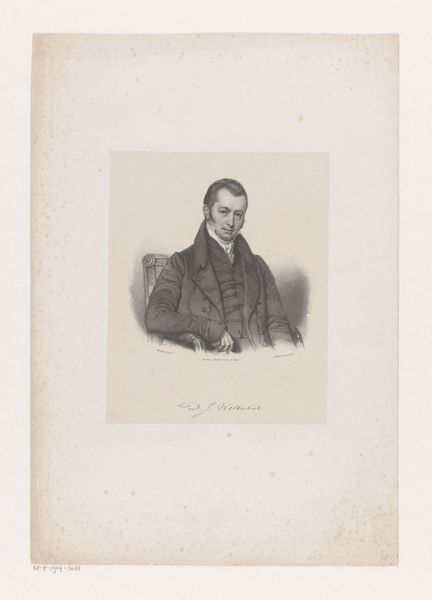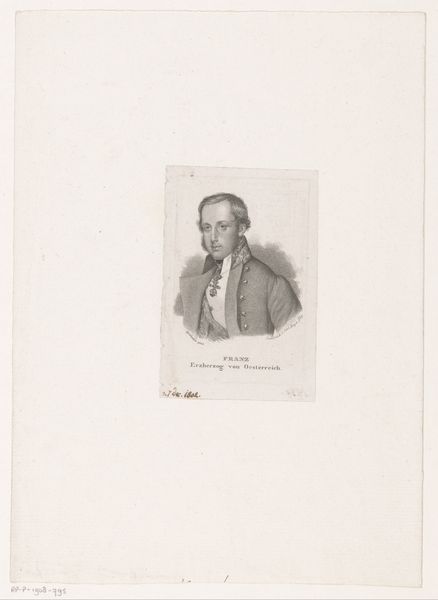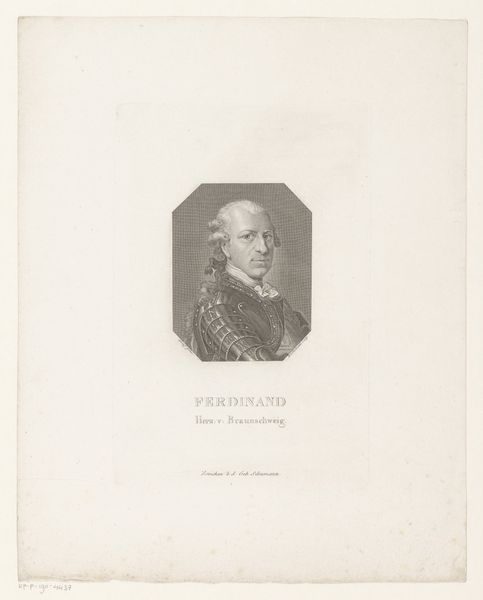
print, engraving
#
portrait
#
neoclacissism
# print
#
history-painting
#
engraving
Dimensions: height 180 mm, width 114 mm
Copyright: Rijks Museum: Open Domain
Editor: So, this is "Portret van Albrecht von Wallenstein," an engraving from somewhere between 1818 and 1832 by Johann Christian Benjamin Gottschick. There’s a strength to the gaze, a defiance perhaps. What lasting impressions or visual stories do you think an image like this might evoke across different eras? Curator: An intriguing question! Note how Gottschick presents Wallenstein. The armor speaks to military might, but the averted gaze, almost a turning away, introduces complexity. We associate armor with protection, both physical and symbolic. But what is he protecting himself from? Could it be vulnerability? Perhaps from the judgment of history itself? Editor: Interesting! The vulnerability isn’t immediately apparent, but the slight turn of his head definitely suggests something other than pure confidence. Curator: Consider the enduring fascination with historical figures like Wallenstein. His image, replicated across prints like this one, serves as a powerful cultural artifact, reinforcing narratives about power, ambition, and fate. Are we drawn to him because we see a reflection of our own struggles with mortality and legacy? Editor: So the image almost acts as a mirror, reflecting anxieties and concerns across time? Curator: Precisely. And that’s how symbols work – constantly re-interpreted. This is why art persists. What starts as one image transforms and accumulates resonance. Editor: It’s amazing to think an engraving of a nobleman could embody so much about the human condition, power, and the burden of history. Thanks, this gave me a lot to think about!
Comments
No comments
Be the first to comment and join the conversation on the ultimate creative platform.
